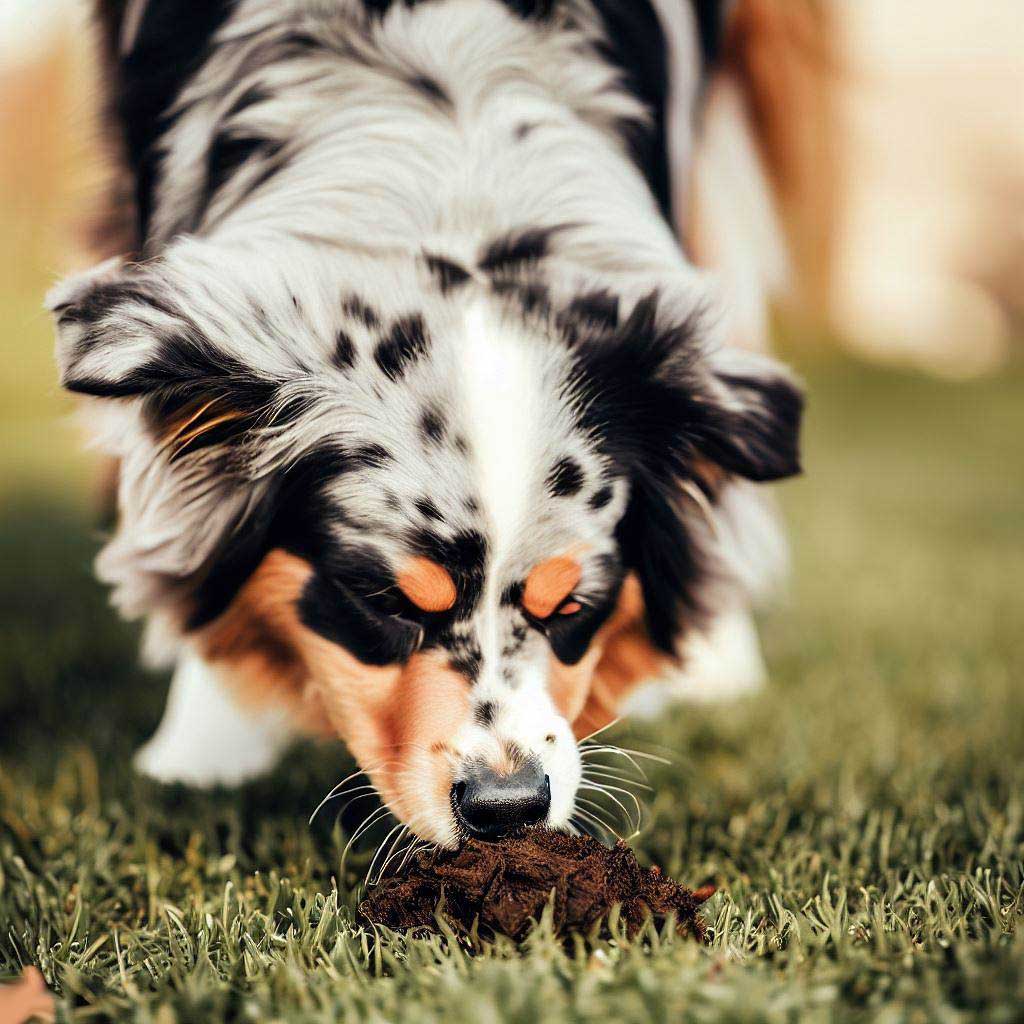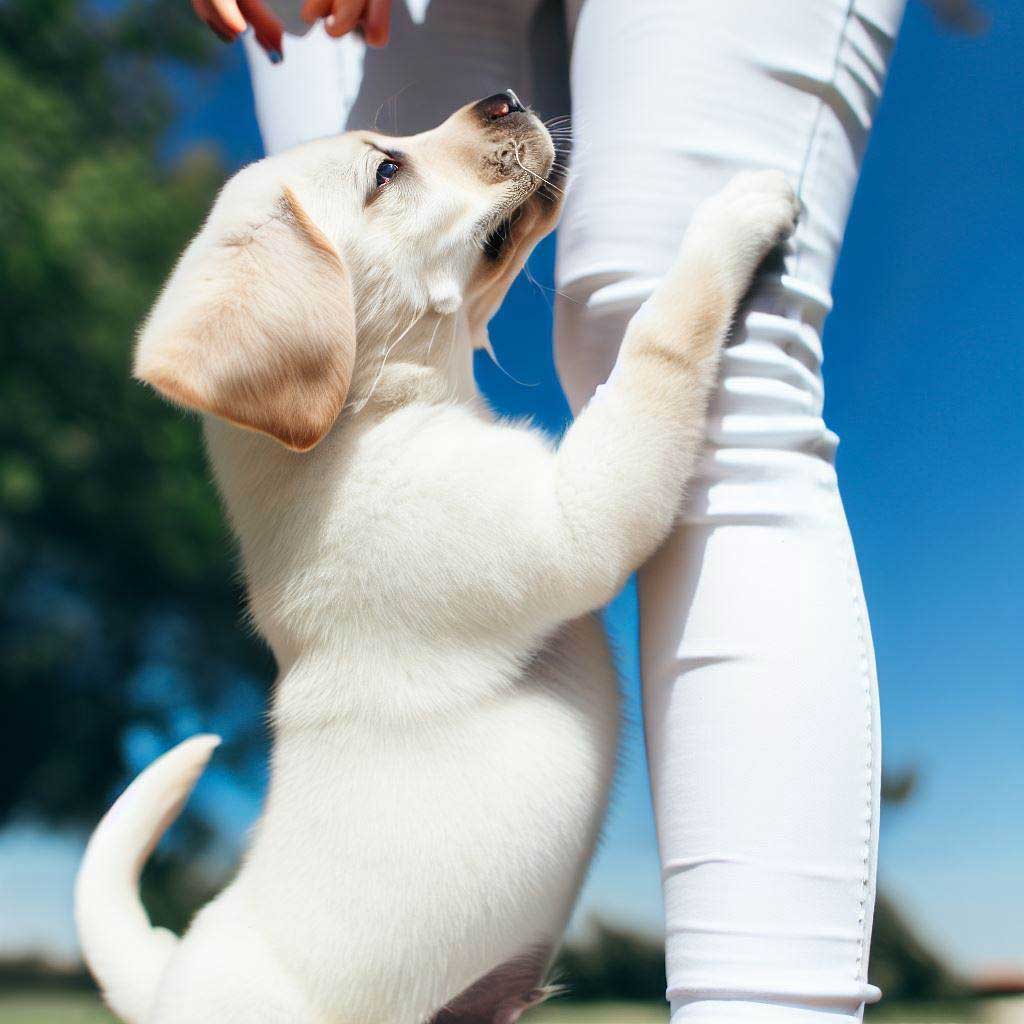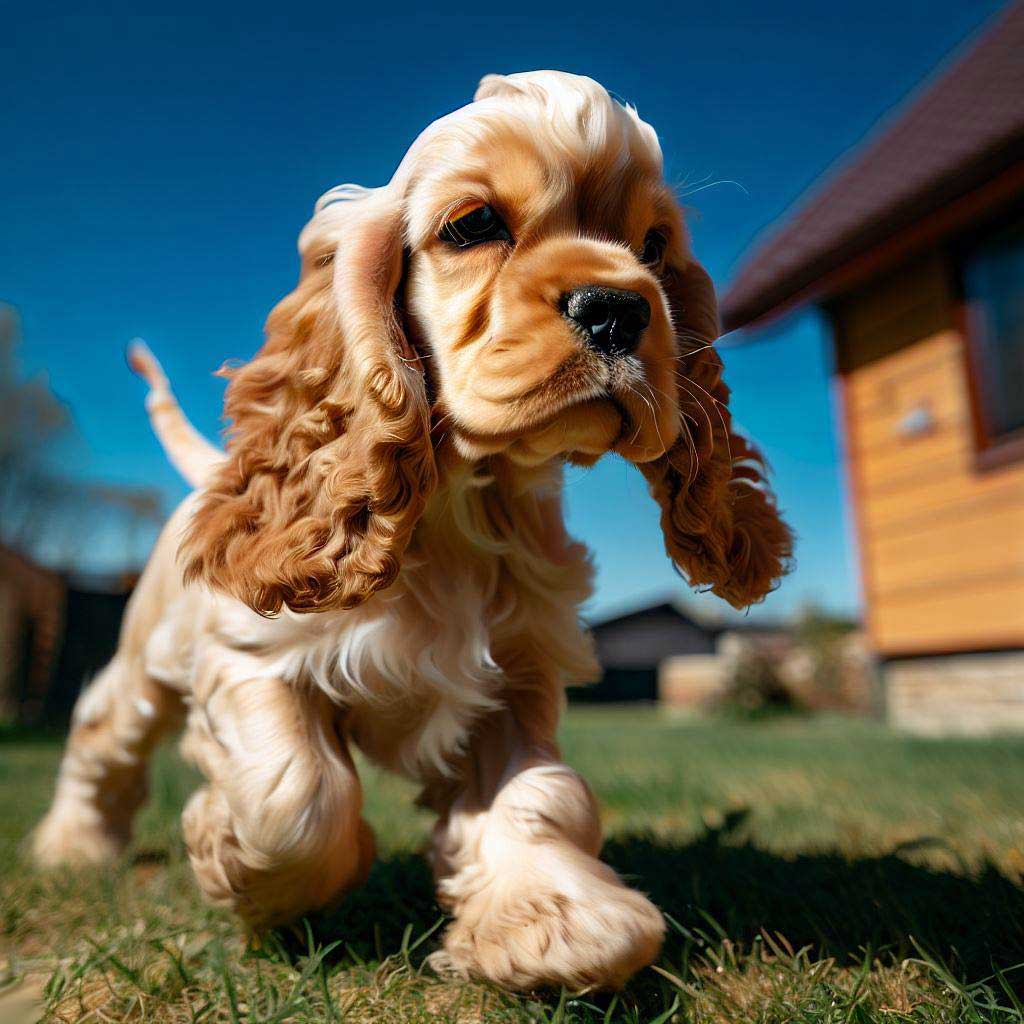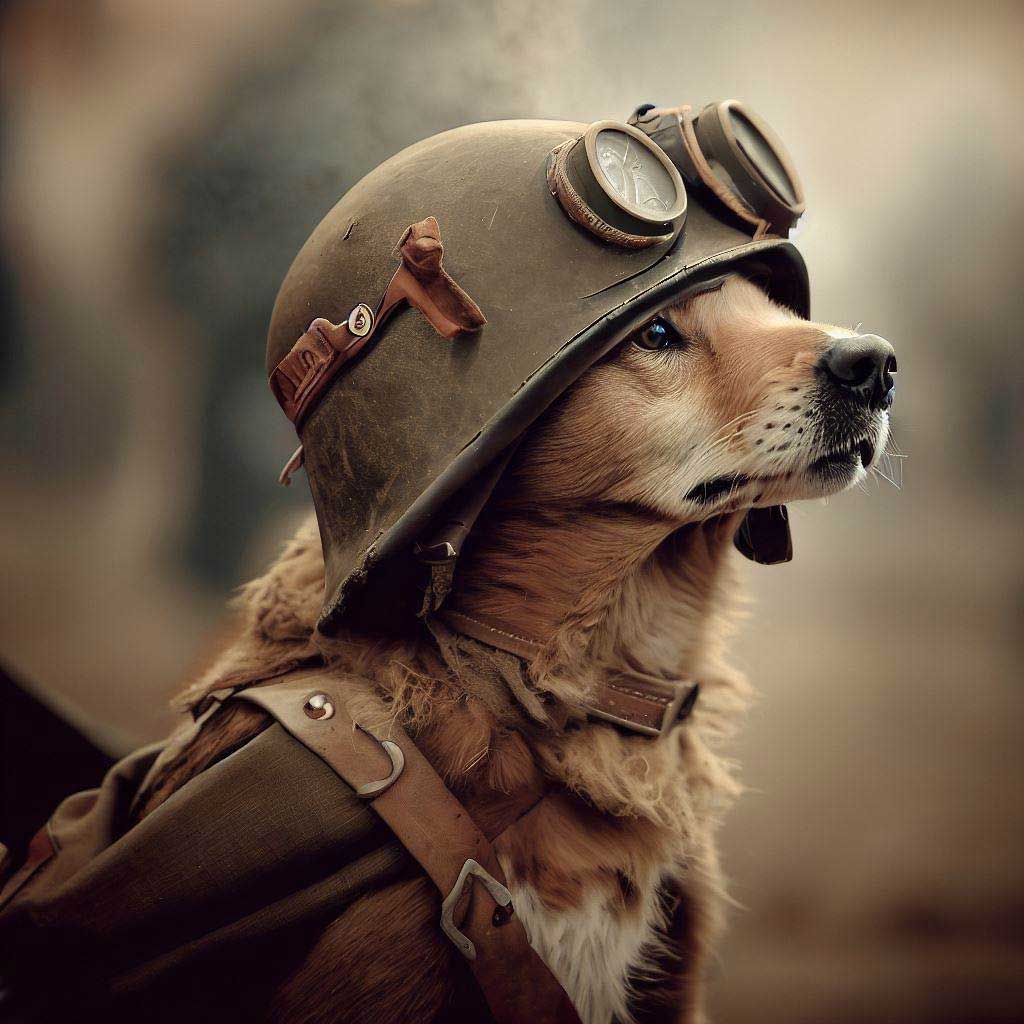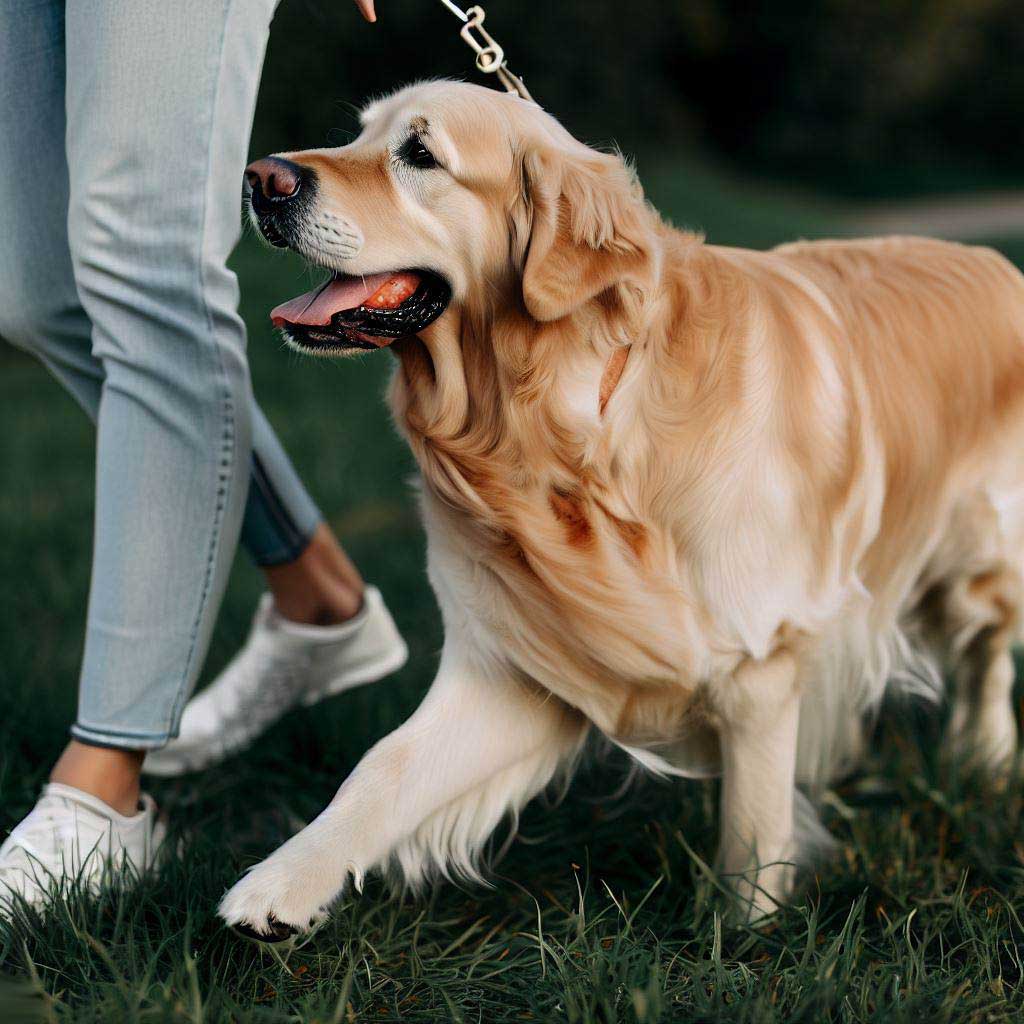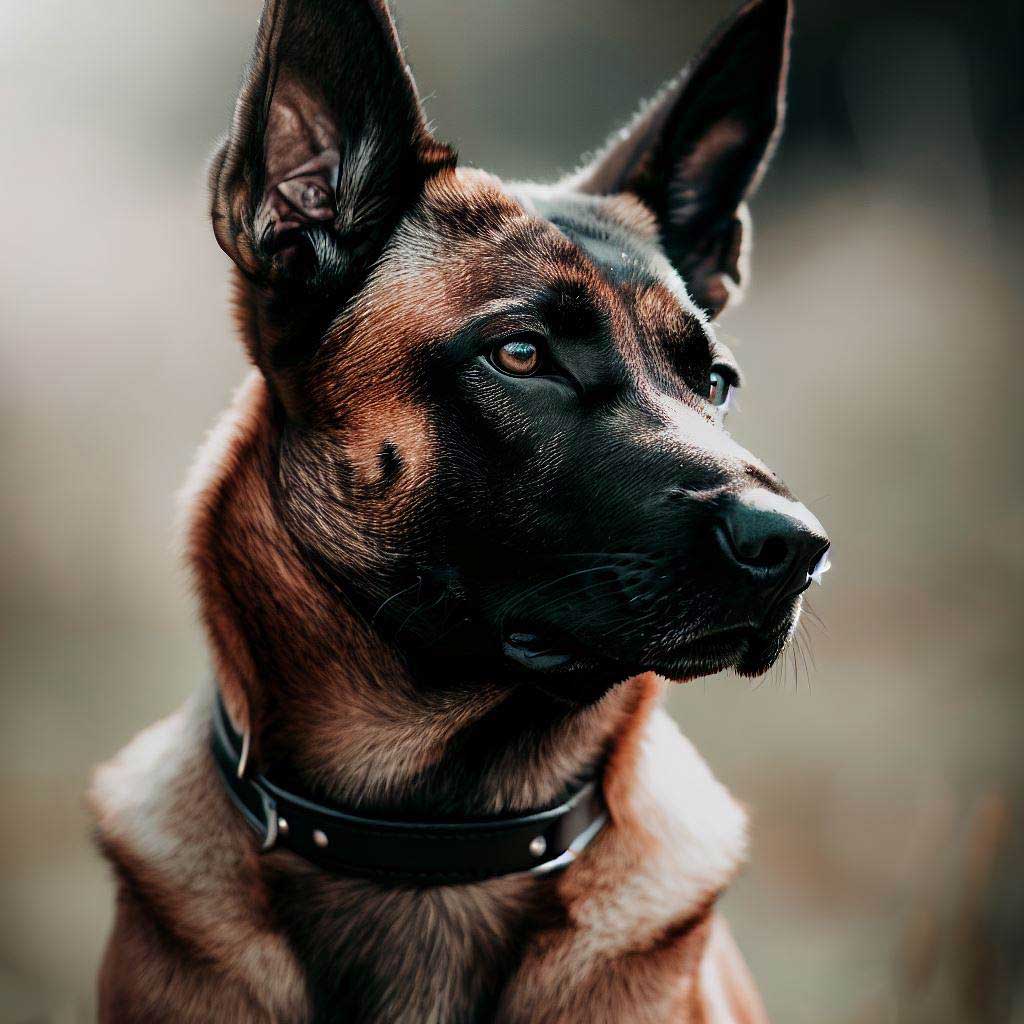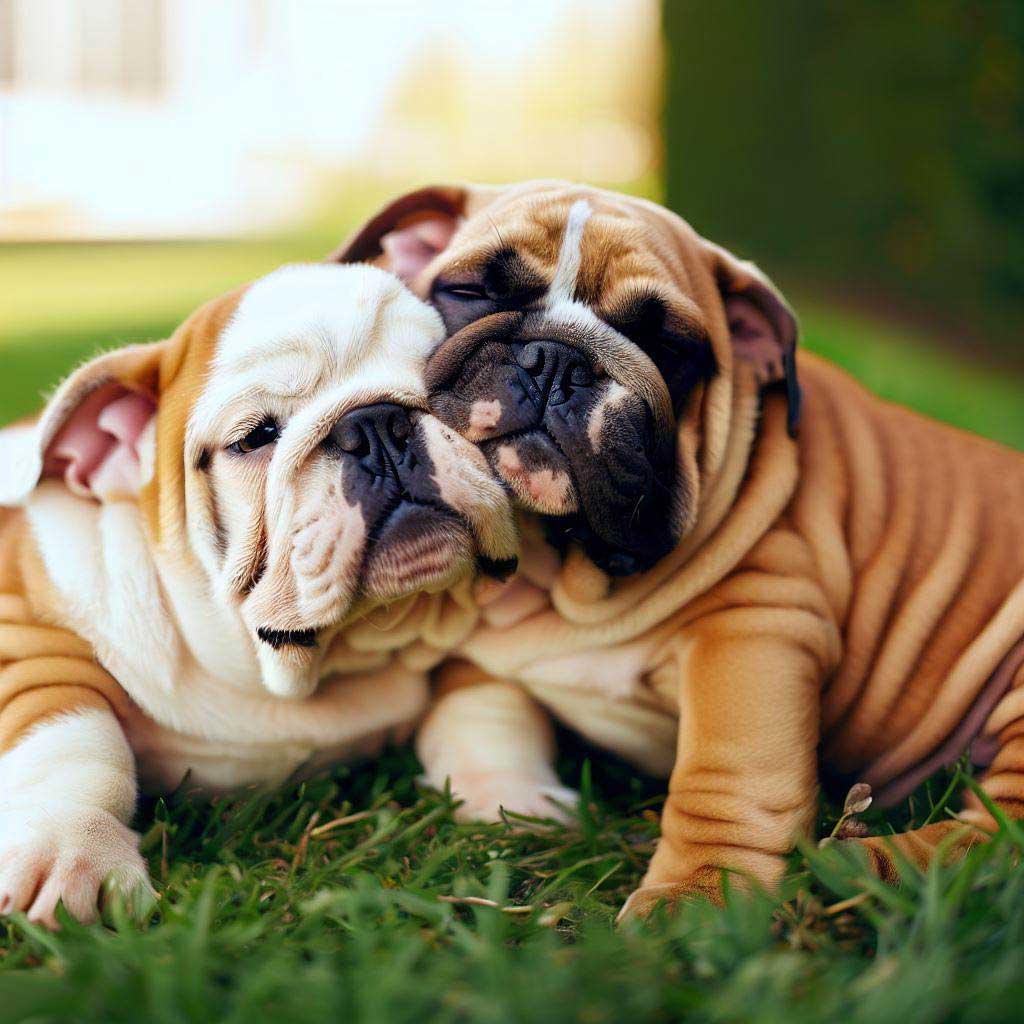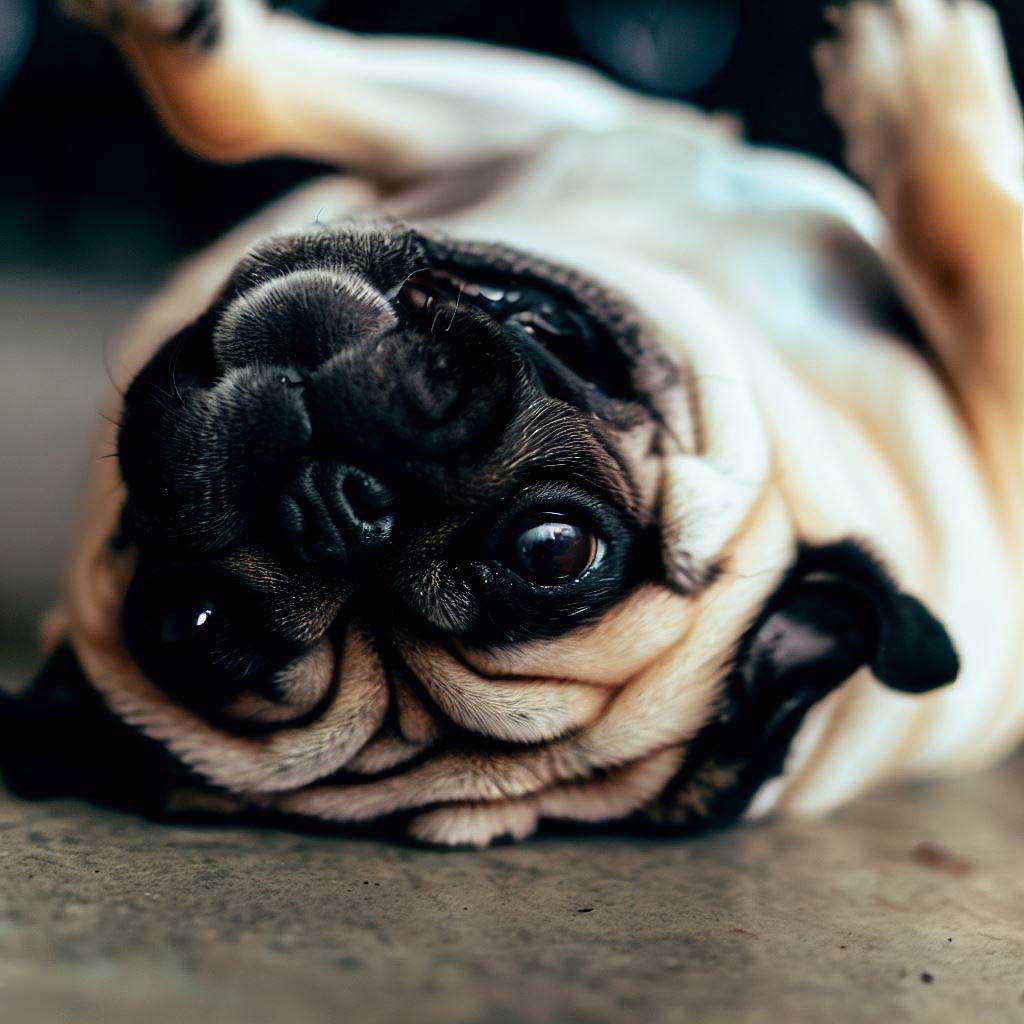Table of Contents
ToggleAre You Curious About Your Dog's Peculiar Poop-Eating Behavior? Here's What You Need to Know
Why does my dog eat poop? Are you puzzled by your furry friend’s perplexing eating habit , then don’t worry, you’re not alone. While it may seem strange and even repulsive to us humans, this behavior, known as coprophagia, is actually quite common among dogs. But what drives them to engage in this behavior? And is it harmful to their health? In this article, we’ll explore the curious phenomenon of dogs eating poop and shed light on why they do it.
First and foremost, it’s important to understand that coprophagia can arise from different factors, including boredom, nutritional deficiencies, instinctive behavior, or even medical conditions. As responsible pet owners, it’s crucial to identify the underlying cause and take appropriate steps to address it.
Additionally, we’ll debunk some common misconceptions about poop-eating behavior and provide you with practical tips to discourage your pooch from indulging in this peculiar habit. Rest assured, there are solutions to curb this behavior and ensure your dog’s overall well-being.
So, if you’ve ever wondered why your beloved canine companion engages in such a bizarre behavior, join us as we unravel the mystery behind your dog’s poop-eating habits.
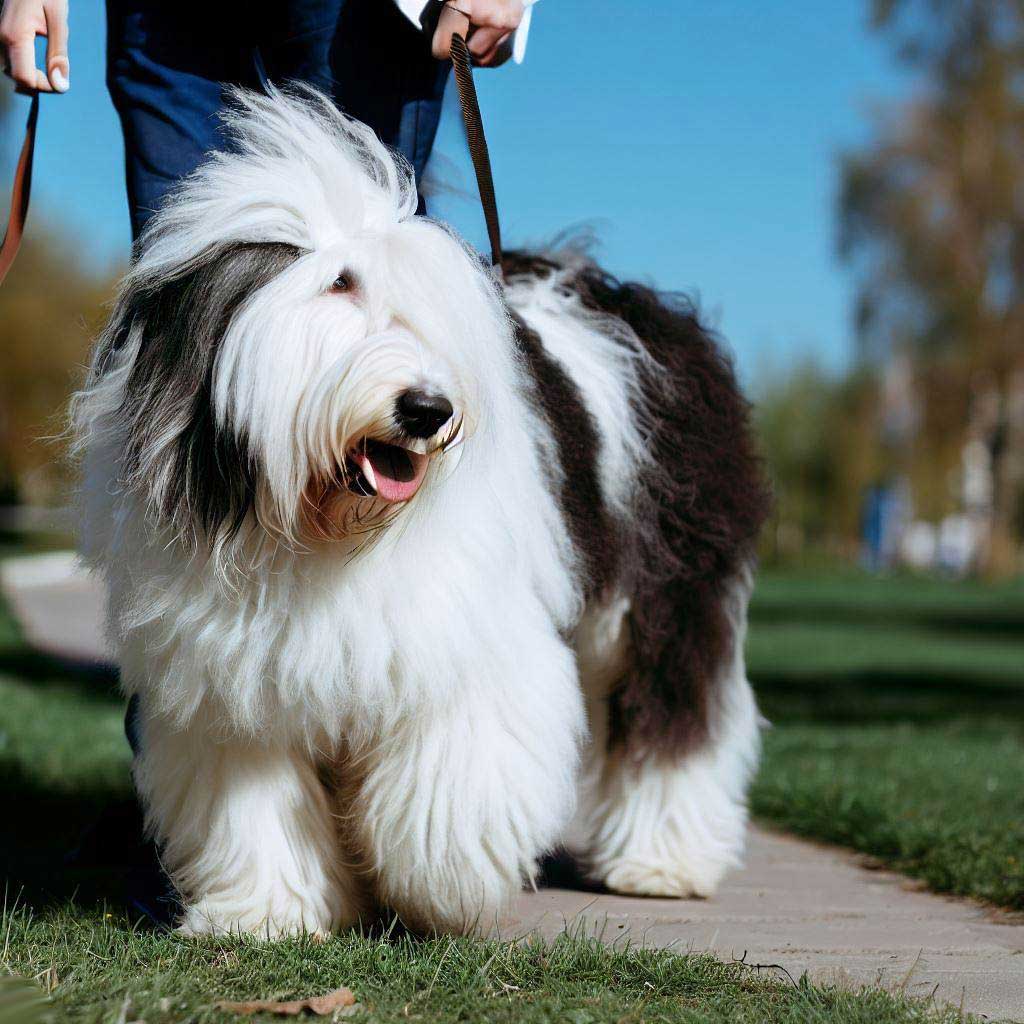
The Intriguing Reasons Behind Canine Coprophagia
Confounded by your dog’s unsettling habit of consuming fecal matter? Trust me, you’re far from being the only puzzled pet owner. As unpalatable as it is to us humans, the act of eating poop—scientifically known as coprophagia—is more commonplace in dogs than you might think. So what triggers this peculiar activity, and is it detrimental to your dog’s health? Let’s delve into the fascinating psychology and physiology behind canine coprophagia.
Firstly, it’s vital to recognize that coprophagia can be instigated by a variety of elements. These range from simple boredom or a lack of mental stimulation, to nutritional inadequacies and even certain medical conditions. When I train working dogs for the police or military, as well as family pets, my first recommendation is always to consult a veterinarian to rule out any underlying health issues.
We’ll also dismantle some prevalent myths about this distasteful habit and equip you with actionable steps derived from years of training experience to deter your dog from partaking in it. I assure you, there are effective methods to mitigate this behavior, safeguarding your dog’s overall health.
If you’ve ever found yourself pondering why your cherished four-legged companion exhibits such a bewildering behavior, stick around. With decades of expertise in training dogs for a multitude of roles, I’ll help unravel the enigma of your dog’s penchant for fecal feasting.
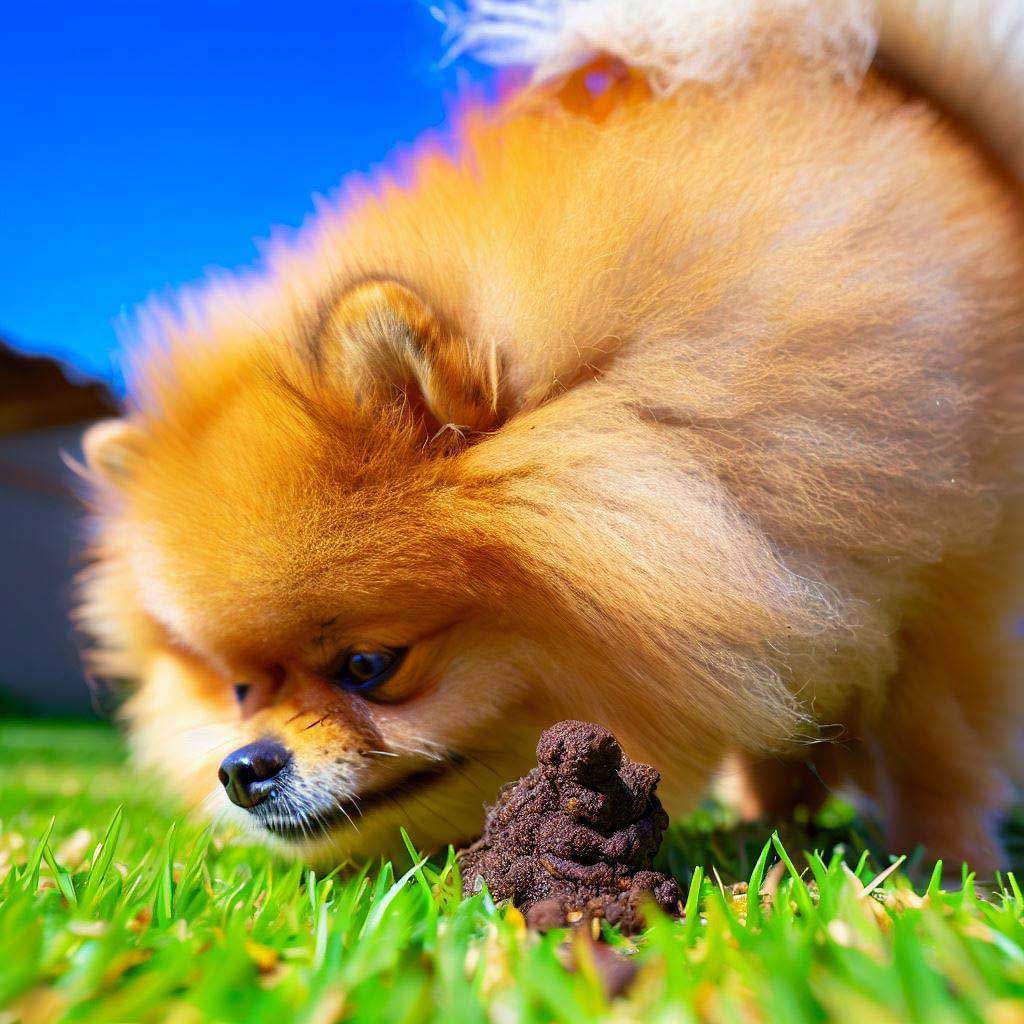
Is poop-eating behavior normal for dogs?
Dogs have been known to eat poop for various reasons. One possible explanation is that it is an instinctive behavior inherited from their wild ancestors. In the wild, animals such as wolves would consume the entire prey, including bones and feces, to extract as many nutrients as possible. This behavior ensured their survival in harsh environments where food was scarce.
Another reason dogs might eat poop is out of boredom or as a way to seek attention. Dogs are intelligent creatures, and if they are not mentally stimulated or if they lack social interaction, they may resort to engaging in undesirable behaviors such as coprophagia.
Furthermore, some dogs may develop the habit of eating poop due to nutritional deficiencies. If a dog’s diet lacks essential nutrients, they may instinctively seek out alternative sources, including their own feces. It’s important to ensure that your dog is receiving a balanced and nutritious diet to minimize the risk of coprophagia.
Potential health risks associated with poop-eating behavior
While poop-eating behavior may seem strange to us humans, it is actually quite common among dogs. Studies have shown that up to 16% of dogs engage in coprophagia at some point in their lives. It’s important to remember that this behavior does not necessarily indicate a problem with your dog’s health or well-being. However, it is still essential to investigate the underlying cause and take appropriate measures to address it.
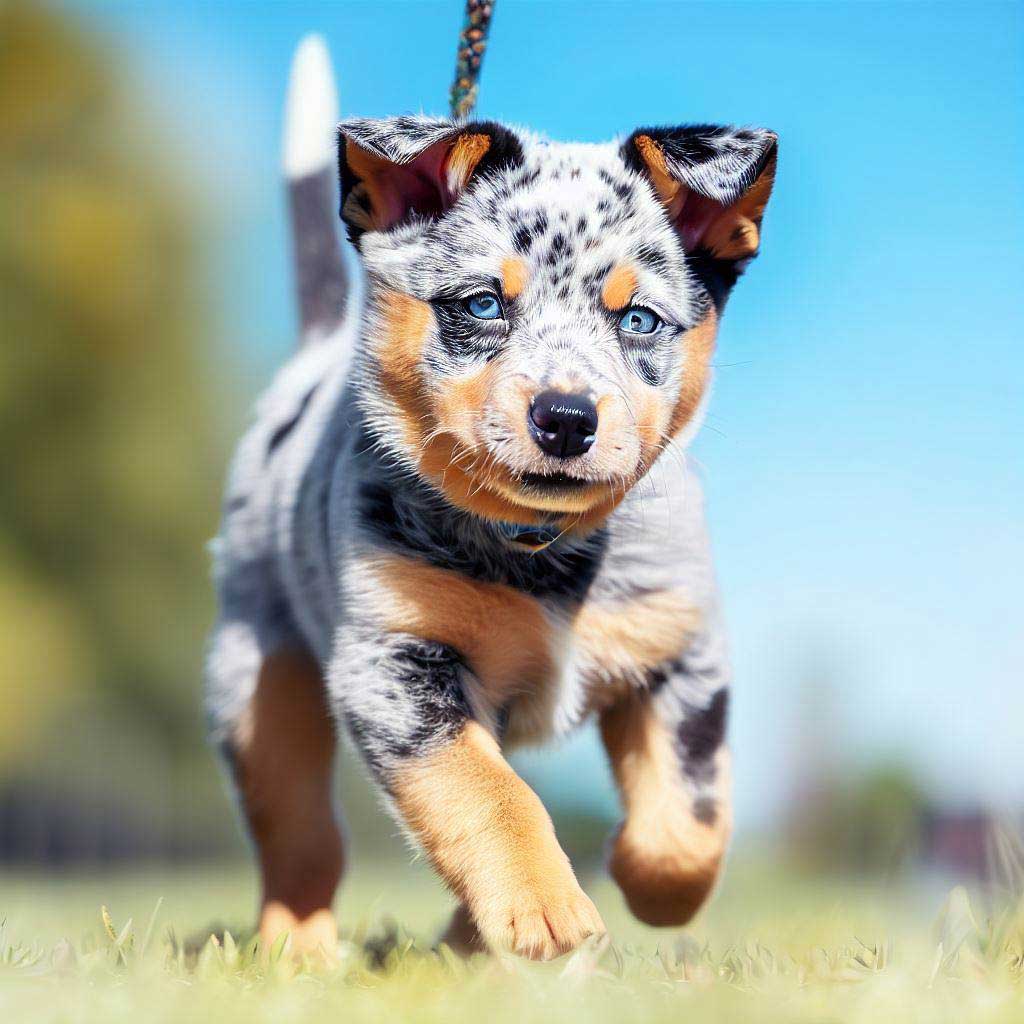
How to prevent and manage poop-eating behavior
Although coprophagia itself may not be harmful to your dog’s health, there are potential risks associated with this behavior. One concern is the transmission of parasites or infectious diseases. If your dog consumes the feces of another animal that is infected with parasites or a contagious illness, they may become infected as well.
Additionally, certain medications or substances present in the feces, such as pesticides or toxins, can be harmful to your dog if ingested. It’s crucial to prevent your dog from consuming any feces to minimize these risks.
Understanding the role of diet in poop-eating behavior
Preventing and managing poop-eating behavior requires a multifaceted approach. First and foremost, it’s important to address any underlying medical conditions that may be contributing to the behavior. If you suspect that your dog’s coprophagia is caused by a medical issue, consult with your veterinarian for a thorough examination and appropriate treatment.
Furthermore, ensuring that your dog’s diet is nutritionally balanced is crucial. Feed your dog high-quality dog food that meets their specific nutritional needs. Avoid feeding them table scraps or low-quality food that may lack essential nutrients, as this can contribute to coprophagia.
Additionally, providing your dog with plenty of mental and physical stimulation can help prevent boredom-related coprophagia. Engage in regular play sessions, provide interactive toys, and consider enrolling them in obedience training or agility classes to keep their minds and bodies active.
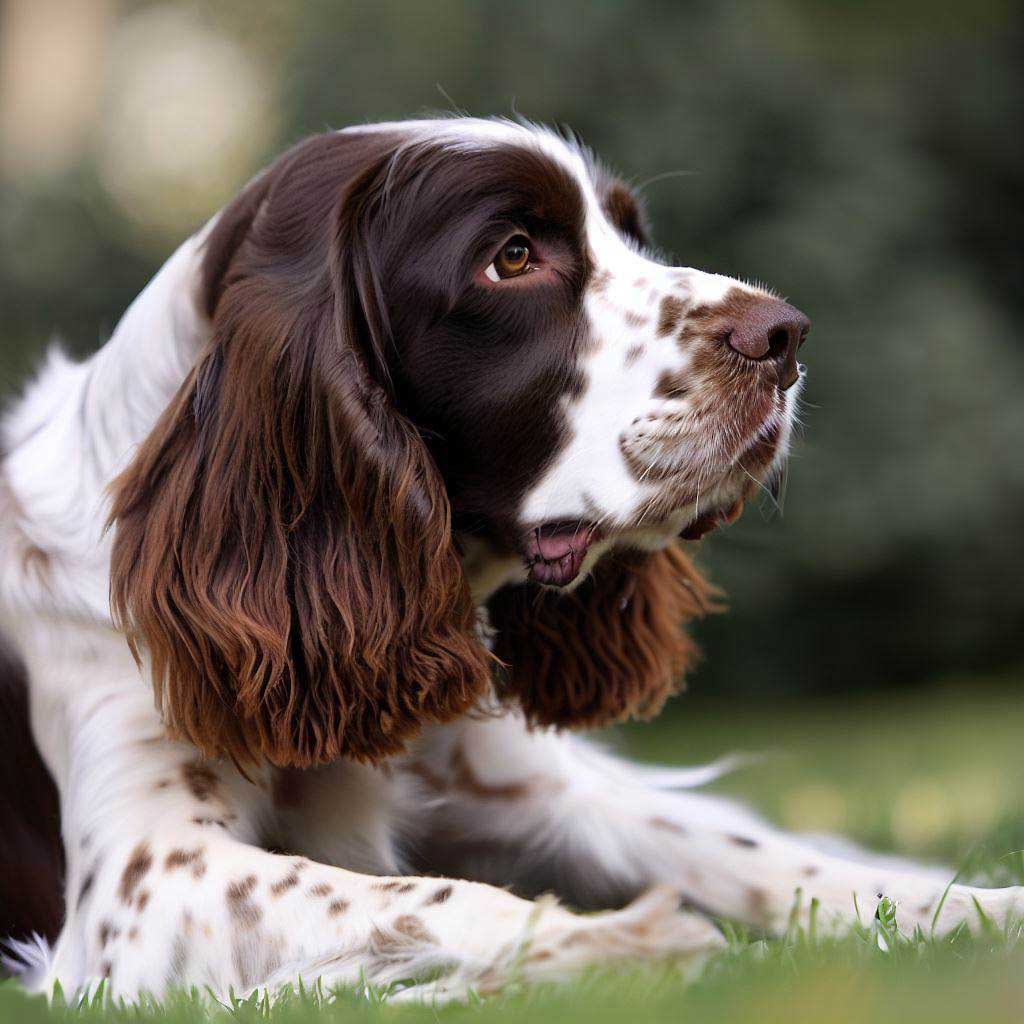
Common misconceptions about poop-eating behavior
The composition of your dog’s diet can play a significant role in their poop-eating behavior. Some experts believe that dogs with diets that are low in fiber or high in fat may be more prone to coprophagia. Incorporating fiber-rich foods, such as pumpkin or green leafy vegetables, into your dog’s diet can help regulate their digestion and reduce the likelihood of coprophagia.
Additionally, certain supplements, such as digestive enzymes or probiotics, may aid in improving your dog’s gut health and reduce the desire to eat feces. Consult with your veterinarian to determine if any dietary changes or supplements may be beneficial for your dog.
When to consult a veterinarian about poop-eating behavior
There are several misconceptions surrounding coprophagia that need to be debunked. One common misconception is that dogs engage in this behavior because they are hungry or not being fed enough. However, coprophagia is not necessarily a sign of hunger, but rather a complex behavior influenced by various factors.
Another misconception is that punishing your dog for engaging in coprophagia will solve the problem. In reality, punishment can often be counterproductive and may lead to increased anxiety or fear in your dog. Instead, focus on positive reinforcement training techniques and redirect their attention to more appropriate behaviors.
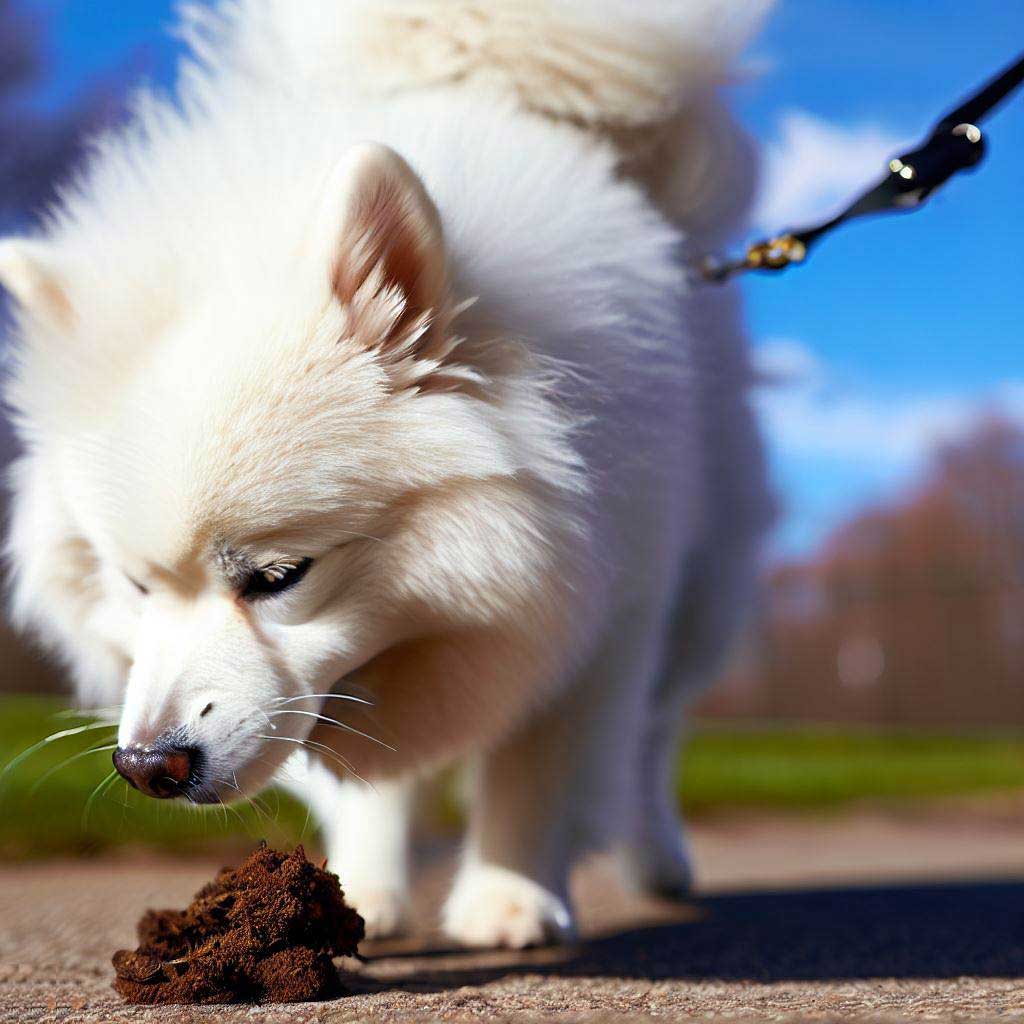
Case studies and real-life examples of poop-eating behavior in dogs
While occasional coprophagia may not be a cause for concern, persistent or excessive poop-eating behavior should be addressed with your veterinarian. They can help rule out any underlying medical conditions and provide guidance on behavioral modification techniques.
It’s important to note that coprophagia can also be a symptom of certain medical conditions, such as malabsorption disorders or pancreatic insufficiency. If you notice any changes in your dog’s overall health or if their poop-eating behavior is accompanied by other concerning symptoms, consult with your veterinarian promptly.
Conclusion and final thoughts on poop-eating behavior in dogs
To provide a deeper understanding of coprophagia, let’s explore some case studies and real-life examples of dogs exhibiting this behavior. By examining specific scenarios and their outcomes, we can gain valuable insights into the causes and potential solutions for coprophagia.
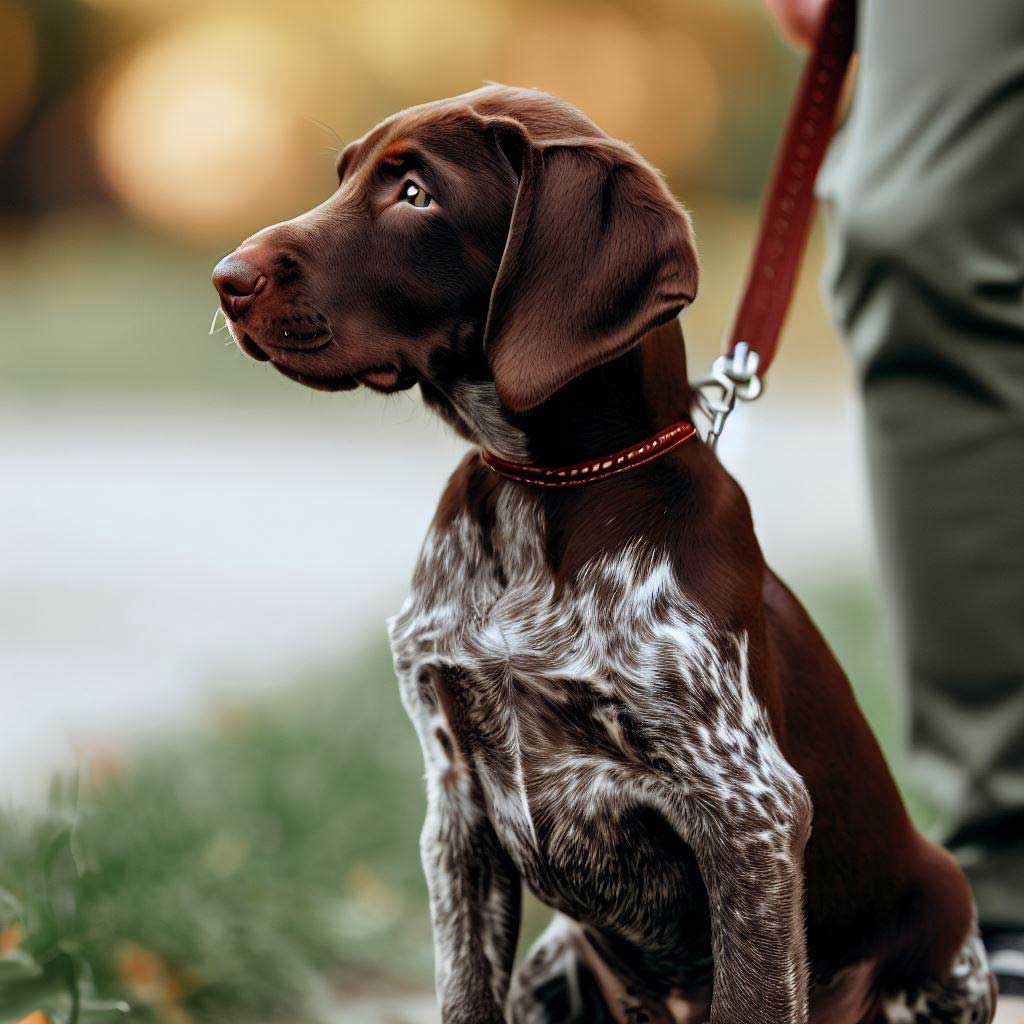
FAQ: Why Does My Dog Eat Poop: Surprising Truth Unveiled
Is it normal for dogs to eat poop?
While it’s not necessarily ‘normal’ behavior, it’s not uncommon either. This practice, known as coprophagia, can be observed in a variety of canines for various reasons—ranging from boredom to malnutrition or digestive issues.
What to do if your dog eats his poop?
First, consult your veterinarian to rule out any underlying health issues. Once medical problems are ruled out, focus on training. Use verbal cues and positive reinforcement to deter the behavior. Products like taste-aversion additives can also help.
Can a dog get sick from eating poop?
Yes, eating feces can expose your dog to harmful bacteria, parasites, and other pathogens. Although the risk varies depending on several factors, including the health of the animal whose feces your dog consumed, it’s generally a behavior best avoided.
What vitamin does a dog need to stop eating poop?
Some studies suggest that a deficiency in vitamin B-complex could lead to coprophagia. However, before administering any supplements, consult your veterinarian for a comprehensive diagnosis and appropriate treatment plan.
How much pineapple should I give my dog to stop eating poop?
Pineapple can act as a natural deterrent because it changes the taste of the feces. Usually, a small slice or 2-3 tablespoons of canned pineapple (unsweetened) is enough. Always consult your vet before changing your pet’s diet.
Why is my dog eating poop and drinking a lot of water?
Excessive drinking and coprophagia could indicate an underlying health issue, such as diabetes or kidney disease. Immediate veterinary consultation is advised.
Do dogs eat poop because they are lacking nutrients?
It’s possible but not always the case. Nutrient-deficient diets could lead to this behavior. However, coprophagia can be due to other reasons like behavioral issues, scavenging instincts, or boredom.
Why is my puppy eating poop?
Puppies are often more prone to coprophagia out of curiosity or mimicking other dogs. Many puppies outgrow this behavior, but consistent training and monitoring are essential.
Will banana help my dog poop?
Bananas are high in fiber and can aid in regular bowel movements. However, they should be given in moderation due to their high sugar content. Consult your veterinarian for advice tailored to your dog’s specific needs.
Do dogs eat their poop when they have worms?
Eating poop is not a definitive sign of worms, but parasites like worms can lead to malnutrition, possibly causing your dog to seek out feces as a food source.
What are the symptoms of worms in dogs?
Common symptoms include weight loss, scooting, bloated abdomen, and visible worms in feces or around the anal area. If suspected, seek immediate veterinary attention.
Why is my dog throwing up brown stuff that smells like poop?
This could indicate a severe gastrointestinal issue or an obstruction. Immediate veterinary attention is required for proper diagnosis and treatment.
Why do dogs eat cat poop?
Cats’ diets are high in protein, making their feces particularly attractive to dogs. However, it’s a risky behavior that exposes your dog to potential pathogens and parasites.
My dog eats rabbit poop
Rabbit feces are generally less harmful compared to other types, but they can still carry parasites. You should discourage the behavior through training and monitor for any signs of gastrointestinal upset or parasitic infection.
Why does my dog eat other dogs poop on walks?
This could be due to a variety of reasons—ranging from instinctual scavenging behavior to dietary deficiencies or behavioral issues. Consistent training and close supervision during walks can help curb this habit.
Check out these other fantastic reads that dive deep into the world of canines, offering you a treasure trove of insights:
Best Behaved Dog Breeds: The Ultimate Top 20 Dog Guide: Wondering which breeds are the most obedient and well-behaved? Look no further! Our ultimate guide ranks the top 20 dog breeds, making your choice easier.
Understanding Dog Nutrition – Feeding Dogs The Right Nutrients: Confused about what to feed your furry friend? Our comprehensive article breaks down the essential nutrients your dog needs for optimal health.
Decoding Dog Behavior Science: The Mind Behind the Bark: Ever wondered why your dog acts the way they do? Unlock the secrets behind those barks, wagging tails, and sniffing noses with our deep-dive into canine psychology.
Importance Of Dog Training – Why Dog Obedience is Important: With years of experience in training dogs for various roles, we can’t stress enough how crucial obedience is. Learn why in this must-read article.
Best Online Dog Training Courses: Any Dog Will Love: Training a dog but can’t attend in-person classes? Our curated list of online courses will help you turn your pup into a well-behaved star!
Don’t miss out on these incredibly valuable resources, crafted by experts to help you understand and care for your dog better!
